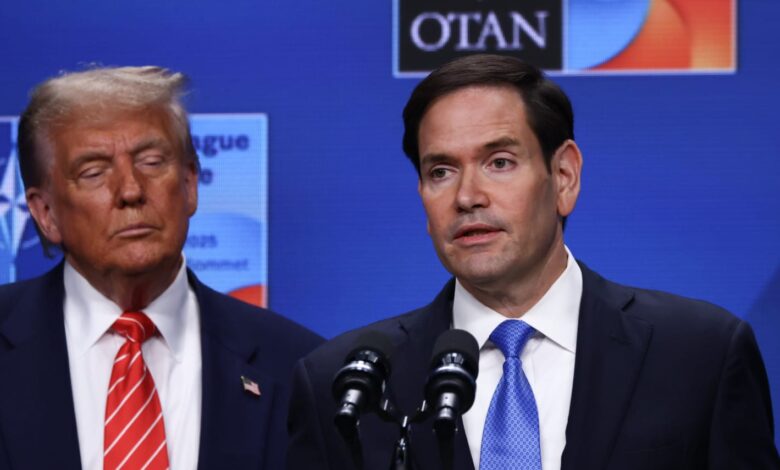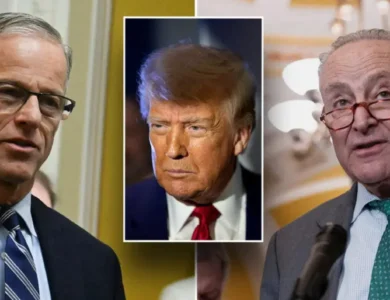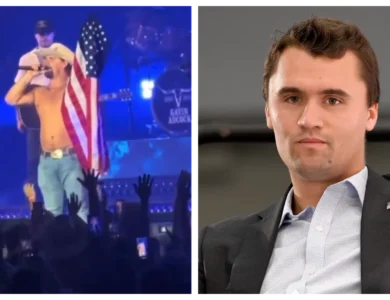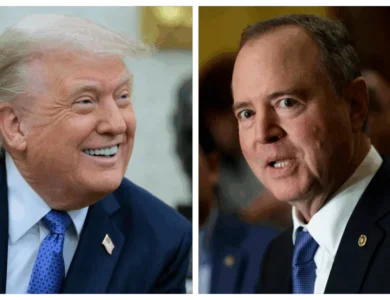Federal Judge Refuses To Dismiss Lawsuit Against Rubio

A federal judge has rejected a motion to dismiss a lawsuit brought by three foreign nationals against U.S. Secretary of State Marco Rubio.
The plaintiffs, who applied for EB-1A visas reserved for individuals with “extraordinary abilities,” argued that the government has unreasonably and unlawfully delayed processing their applications. The ruling allows the case to move forward, requiring the State Department to issue a final decision on the long-pending petitions.
The case, Lyazat Tolymbekova, et al. v. U.S. Secretary of State Marco Rubio, et al., involves three plaintiffs — a Kazakh metallurgist, a Russian project manager, and a Russian makeup artist — whose EB-1A visa applications have been stuck in administrative processing for more than 16 months.
Their applications were placed under § 221(g) of the Immigration and Nationality Act, which permits consular officers to deny visas pending additional information.
The plaintiffs contend that the prolonged delay has imposed severe personal and professional hardships. Lyazat Tolymbekova, for instance, has been separated from her U.S. citizen daughter, missing her college graduation and being unable to support her during a medical crisis.
The other plaintiffs said the uncertainty surrounding their applications has forced them to put both careers and family plans on hold.
In its motion to dismiss, the government argued that the court lacked jurisdiction under the doctrine of consular nonreviewability, which generally shields a consular officer’s final visa decision from judicial scrutiny.
But Magistrate Judge Zia M. Faruqui rejected that argument, noting that a § 221(g) refusal is not a final decision, since the State Department’s own guidance tells applicants their cases will be re-adjudicated once processing is complete. The court stressed that nonreviewability applies only to final determinations.
Faruqui also dismissed the government’s sovereign immunity claim, ruling that the Administrative Procedure Act (APA) waives immunity in cases where plaintiffs seek injunctive relief rather than monetary damages.
The judge concluded that the State Department has a “clear, nondiscretionary duty” to either issue or refuse a visa once an application is properly filed — a duty it has failed to fulfill in this case.
Faruqui cited State Department regulations requiring consular officers to act on visa applications and deliver a final decision. He also invoked the Accardi doctrine, which holds that federal agencies must adhere to their own rules and procedures.
While Faruqui did not rule on whether the delays were “unreasonable,” his decision allows the case to proceed, setting up a fuller legal battle over the plaintiffs’ claims.
The ruling leaves open the possibility that the court could ultimately order the government to issue a final decision.
This comes after President Trump announced on Monday that he had a “positive” call with Brazilian President Luiz Inacio Lula da Silva.
President Luiz Inacio Lula da Silva asked Trump to remove the 40% tax on Brazilian exports and the restrictions the U.S. put on local governments. The two leaders talked on the phone for 30 minutes earlier in the day and promised to meet in person “soon.” The statement added that the call was cordial.
According to the statement, Lula suggested a meeting during the ASEAN Summit in Malaysia and said he would be willing to go to the US. Brazil’s government stated that both presidents exchanged phone numbers so they could communicate directly.
Fernando Haddad, Brazil’s finance minister, told reporters in Brasilia following the meeting that the call was “positive.” Geraldo Alckmin, the Vice President, and Mauro Vieira, the Foreign Minister, were also there.
Trump claimed last month that he wanted to meet with Lula after a brief meeting at the U.N. General Assembly in New York. He also remarked that they had “excellent chemistry.”
Brazilian markets have been eagerly watching the meeting between the two leaders as Brazil had to pay some of the highest tariffs in the world.
At first, Brazil had to pay a minimum duty of 10%, but Trump later boosted the rate to 40% on a number of important exports, making the total tax 50%.
Trump argued at the time that the tariffs were a retaliation to what he called a “witch hunt” against his ally, former Brazilian President Jair Bolsonaro. Bolsonaro was eventually convicted to 27 years in prison for trying to mount a coup to stay in power after losing the 2022 elections to Lula.
The Trump administration used the Magnitsky Act to punish Brazil’s Supreme Court Justice Alexandre de Moraes, who was in charge of Bolsonaro’s case. It also took away the visas of six high-ranking officials, such as Jorge Messias, the Brazilian solicitor-general.
Lula said at the U.N. General Assembly last month that there was no reason for Brazil’s institutions and economy to be targeted by one-sided and arbitrary actions without naming Trump.





